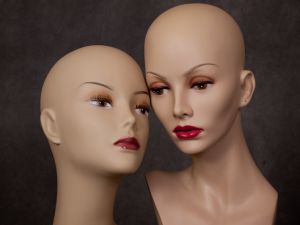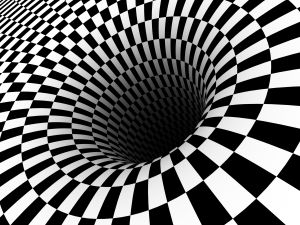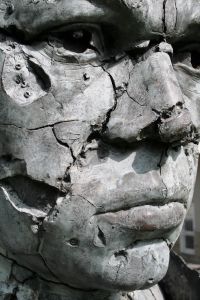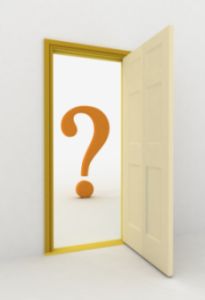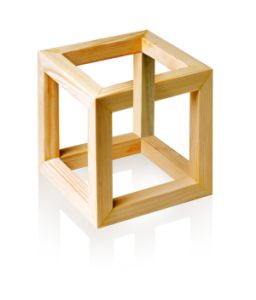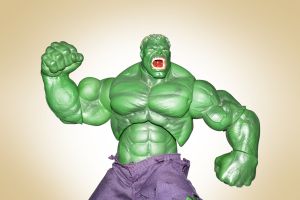I’m still in the deadline cave and self-banned from Twitter, but I wanted to post about something I’ve realized through this revision process. It’s probably safe to say we all want to get better at our jobs, whether that’s writing or something else. But how much of what we do […]
Pin It
Read More
Last time, we talked about how head-hopping is something to avoid, and not just because there’s a rule against it. Any change in point-of-view (POV), whether using an “allowed” technique or not, risks weakening the connection between the reader and the story. Head-hopping authors sometimes say they’re writing in omniscient […]
Pin It
Read More
Depending on who you talk to, head-hopping is somewhere between a shoulder shrug and the-world-is-ending bad. Note that neither of those extremes thinks that head-hopping is good. I suppose it could be positive if used in some sci-fi story, along the lines of “body snatchers,” but we’re talking about it […]
Pin It
Read More
Congratulations! We made it to the end of the checklist for creating strong characters. We’ve given our characters goals, delusions, lies, and flaws. Only one thing left could go wrong… Do They Die Before the End of the Story? The flowchart specified that a character had to survive to the […]
Pin It
Read More
We’re almost through with the list of how to create strong characters. So far, we’ve ensured they had goals and contrasted their self-image and persona. Next up… Do They Have Flaws? To feel lifelike, our characters must have flaws like real people. Without flaws, our characters risk making our whole […]
Pin It
Read More
We’re working our way through the list of how to create strong characters. So far, we’ve ensured they had goals and analyzed how their self-image differs from reality. And related to that contrast we talked about last time… Do They Merely Represent an Idea? Characters are often most cardboard-like when […]
Pin It
Read More
We’re going to continue talking about how to implement the list to make sure we’re creating strong characters. Last time, we made sure that our characters had goals. Next up… Are They Three-Dimensional? There are plenty of ideas out there about how to make your characters seem real, but I’m […]
Pin It
Read More
Last time, we looked at a simple list for What Makes a Female Character Strong based on The Female Character Flowchart. But if that list is so simple, why does it seem so difficult to create a strong character? Why do so many fail and fall into stereotypes? Maybe because […]
Pin It
Read More
There’s a graphic making the Twitter rounds called The Female Character Flowchart. It walks through the different female stereotypes—from The Trophy and Damsel In Distress to The Shrew and Ugly Duckling—and it’s interesting reading. The chart’s goal is to avoid those stereotypes to create a “Strong Female Character”. Some writers […]
Pin It
Read More
In my last post, we had a lively discussion in the comments that prompted me to think about things authors do to trick readers. Some of these are good and some of them I call “cheap author tricks”. What makes the difference? Whether or not the trick is faked. We […]
Read More



